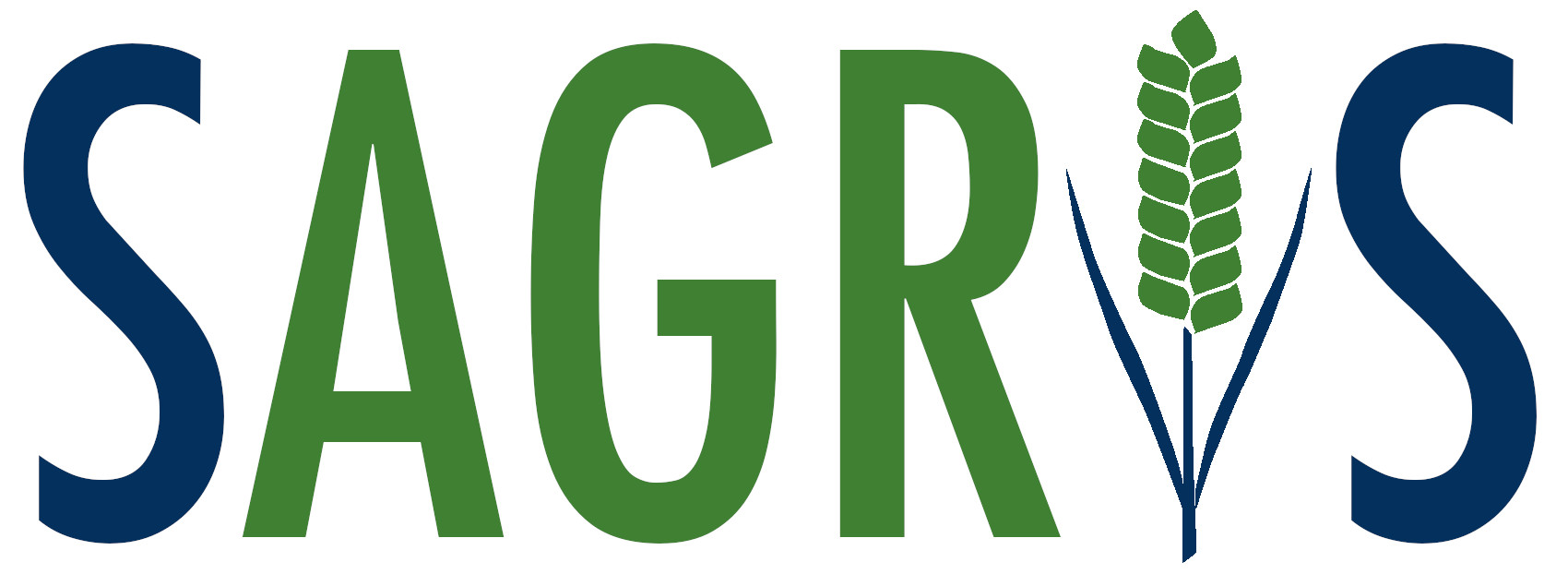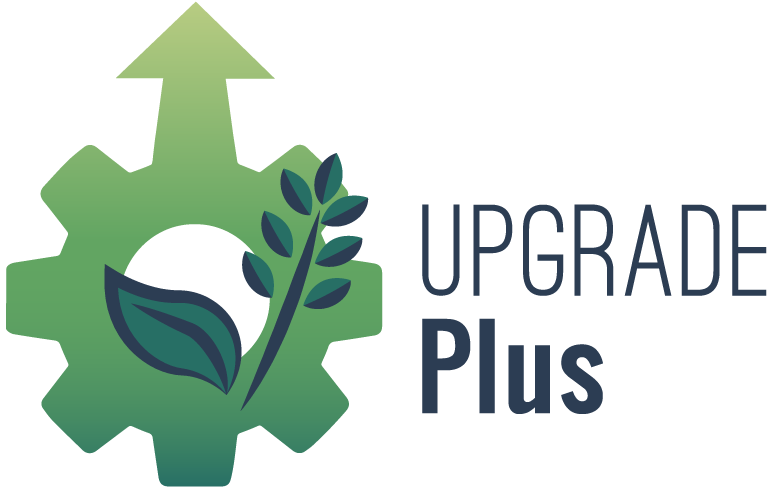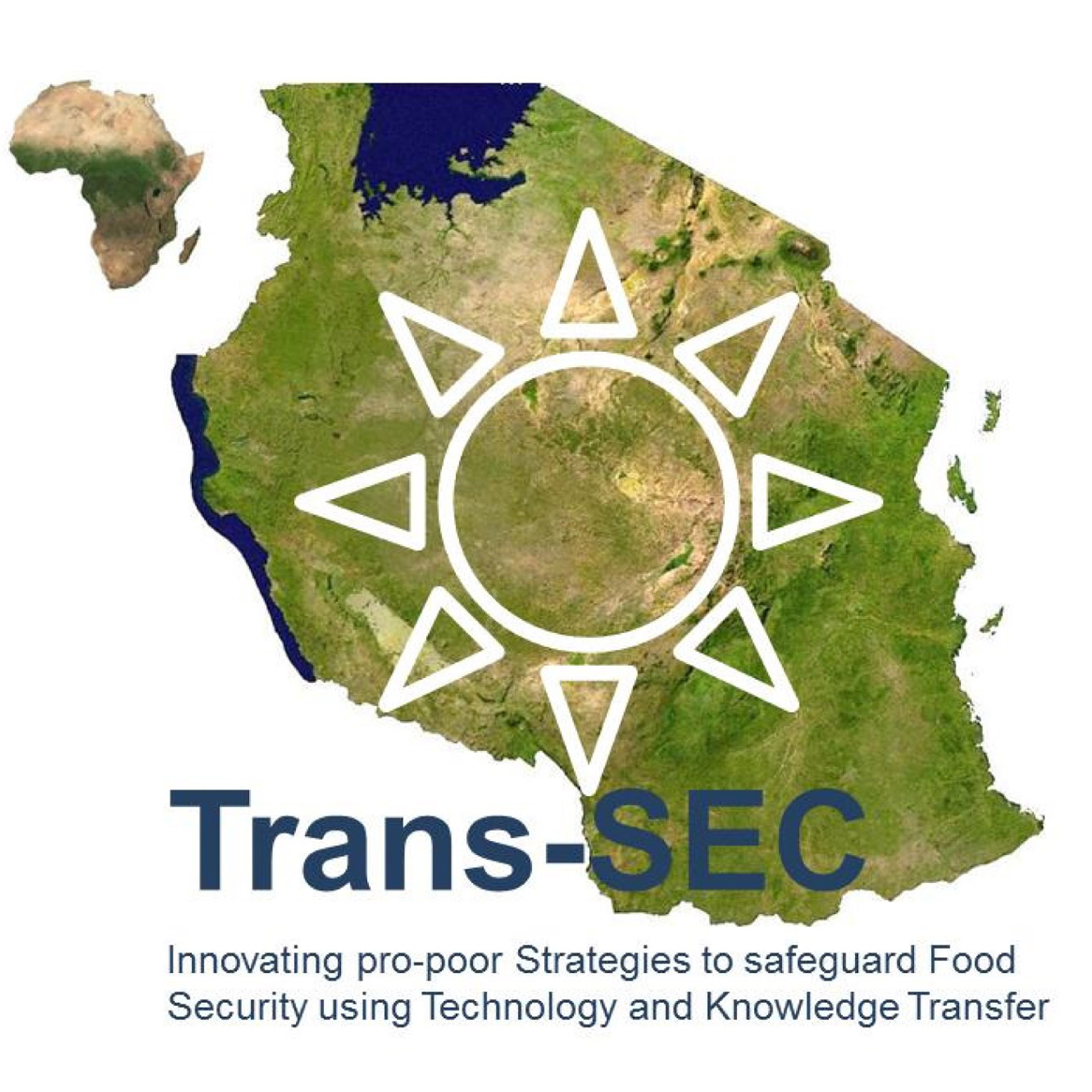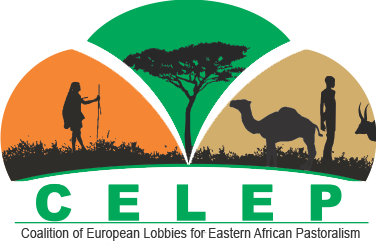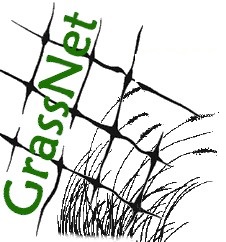Marion Hulverscheidt (Dr. med.)
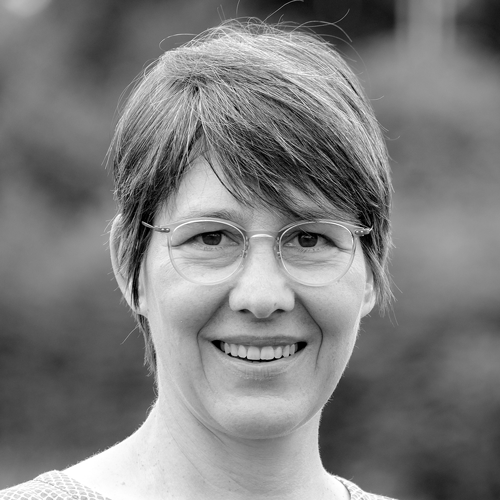 |
Research Fellow Email: This email address is being protected from spambots. You need JavaScript enabled to view it. |
| Training | Marion Hulverscheidt studied human medicine and history of science at the Universities Kiel and Göttingen. She specialised in history of medicine albeit having a grounded clinical training from gynecology and as a General practioner. With a grant form the Heinrich-Boell-Foundation she prepared her theses as guest at the Max Planck-Institute for History of Science, Berlin. She holds a doctoral degree in medicine with a thesis written on female genital mutilation in 19th Century Germany from the University of Göttingen (2001). |
| Career | From 2003 until 2011 she was research assistant at the institutes for history of medicine in Heidelberg and Berlin. She worked on the funding practices of research in the field of tropical medicine between 1920 and 1970, on the malaria experiments during the National Socialism, on the Robert Koch Institute for Infectious diseases during National Socialism, conducted a teaching project on Plague, performed and produced on the celebrations of 300 anniversary of the Charité in Berlin and the 125 anniversary of Hygiene institutions in Berlin |
| Experience abroad | She has short-term experience from UK (Oxford, research stay at the Wellcome Unit for the History of Medicine), Brazil (Rio de Janeiro, Casa de Oswaldo Cruz/Fundação Oswaldo Cruz) and the USA. |
| Research |
Her research is mainly based in 20ies century medicine with connection to late 19th century and ethical trajectories into current medicine. She focuses on knowledge production and the cultural and political influences within. |
| Current Research Projects |
Medical subjects and fields in the courses of the Kolonialschule Witzenhausen with its teachers. Health subjects in the correspondence of alumni and director at Kolonialschule Witzenhausen Framing Buchinger – biographical approach to Buchinger and his fasting cure, a Witzenhausen invention. |
| Teaching |
She has a broad teaching experience in medical terminology, History, Theory and Ethics of Medicine, History of Medicine and Nursery and Philosophy of Science and Medicine. |
Moritz Brandt (Dipl. -Ing. Agr.)
 |
Program assistant Email: This email address is being protected from spambots. You need JavaScript enabled to view it. Phone: +49 (0) 5542 607 32 |
| Training | Moritz Brandt studied organic agricultural science at the University of Kassel and finished his Diploma degree in December 2008. |
| Career | Before starting his studies at Kassel University he gathered working experiences in practical agriculture in Germany and abroad (among others he did an internship on a dairy and vegetable farm in Norway). During his studies he participated in a rural extension project as a scholar of ASA-Program working with small-scale farmers in Northeastern Brazil. Since 2011 he is organizing the annual training-course “Quality management and marketing for organically produced agricultural commodities”. |
| Research Interests |
His main research interest is on agricultural innovation systems, especially on urban agriculture and agroforestry systems. He did his Diploma thesis on urban agriculture in Argentina. |
| Experience Abroad | Moritz Brandt has experience in several countries in Latin America and is fluent in Spanish and Portuguese language |
Anja Christinck (Dr. sc. agr.) †
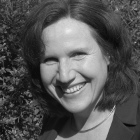 |
Senior Scientist |
|
Our long-time friend, companion and colleague Dr. Anja Christinck passed away on 19.08.2022.
|
|
| Training | Anja Christinck studied agricultural sciences at the Universities of Göttingen and Hohenheim (1986-1992). She specialised in plant production with a focus on soil sciences, organic and tropical farming systems, and later shifted to agricultural communication and extension science. She holds a doctoral degree in agricultural social sciences from the University of Hohenheim (2002). |
| Career | From 1993-94, she worked as a research assistant at the Institute of Plant Production in the Tropics and Subtropics, University of Hohenheim. From 1994-1997, she was a team leader in a social education project focusing on organic farming and cheese production in central Germany. From 1996-1999, she joined a collaborative project on plant breeding, seed and agrobiodiversity issues involving various stakeholders in Rajasthan, India, and subsequently worked as a freelance consultant and researcher for nearly 15 years, before joining DITSL as a senior scientist in May 2013. |
| Experience abroad | Since 1988, Anja Christinck has worked in various countries, mainly in India, Ecuador and Colombia. |
| Research |
Her current research interests include methodologies for dialogue and joint learning of scientists and non-academic stakeholders in research projects, particularly in relation to plant breeding, seed and agrobiodiversity issues, and more generally to food and nutrition security and sustainable rural development. |
| Current Research Projects |
|
| Teaching |
|
Margareta Amy Lelea (PhD Geography)
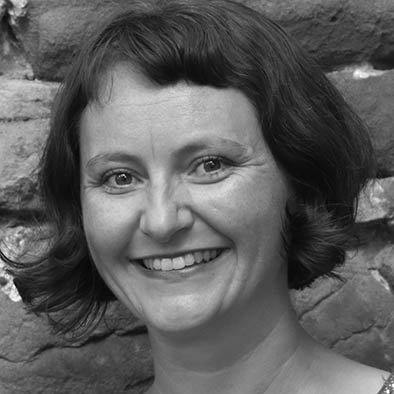 |
Senior Scientist Email: This email address is being protected from spambots. You need JavaScript enabled to view it. |
| Training | Margareta Amy Lelea completed her PhD in Geography in 2009 with a designated emphasis in Feminist Theory and Research from the University of California, Davis (UCD). She completed her MSc in Geography in 2005 and her BSc in International Agricultural Development in 2000 also from UCD. |
| Career | Margareta Lelea has been working with the German Institute for Tropical and Subtropical Agriculture since 2013 and the Agricultural and Biosystems Engineering Department of the Faculty of Organic Agricultural Sciences at the University of Kassel since 2015 through which she has contributed to multiple transdisciplinary European-African research projects emphasizing improved collaboration and coordination with multiple agri-food value chain stakeholders – including commodities (maize milk, pineapple, and pastoral meat), and underutilized species (African Locust Bean and Cocoyam/Taro). In 2019, she co-founded the Perspectives on Pastoralism Film Festival (https://www.pastoralistfilmfestival.com/) as part of the Coalition of European Lobbies for Eastern African Pastoralism (https://www.celep.info/). Currently, she is part of a Working Group on “Pastoralism and Gender” for the United Nations’ International Year of Rangelands and Pastoralism 2026 (https://iyrp.info/). From 2012-2015, she served as the Chair of the Communications Committee for the Rural Geography Specialty Group of the Association of American Geographers. From 2011-2013 she worked as a Post-Doctoral Researcher with the Department of Entomology, University of California, Davis (UCD) on a project entitled, ‘Community Perceptions of Emergency Responses to Invasive Species in California’. From 2009-2010, she was a Visiting Assistant Professor at Bucknell University in Pennsylvania where she taught Geography. As a graduate student researcher at UCD (2002-2003; 2005-2009), she contributed to program coordination for the Gender and Global Issues Program (GGI) and then the Consortium for Women and Research. During this time, she co-founded the Davis Feminist Film Festival that continues to be organized annually through the Women’s Resources and Research Center. This festival was started as a fundraiser for GGI’s international internship program through which she mentored students to develop their own projects to complement the work of non-profit organizations in Romania, China, India and Mexico. She assisted in the development and coordination of a Post-Baccalaureate Certificate Program in Gender and Global Issues that offered continuing education through UCD Extension. With funding from the National Science Foundation and later as a U.S. Fulbright Junior Scholar to Romania, she conducted research that culminated in her doctoral dissertation: ‘On the Margins of the European Union: A feminist geography of changing livelihood strategies in Romania’s Western Borderlands, 1999-2005’. |
| Experience abroad | USA, Romania, Serbia, Kenya, Uganda, Ethiopia, Tanzania, Nigeria, Ghana, and Thailand |
| Research |
As a human geographer, and more specifically a feminist geographer, focused on gender, livelihoods, and agriculture, Margareta Lelea engages in action research methodologies as part of a transdisciplinary approach to cultivate increased collaboration between diverse stakeholders whose activities make up food chains; from growing food to eating food. She seeks to democratize knowledge production through the facilitation of participative processes focused on learning that allow context-specific social innovations to emerge. She focuses on issues of inclusion and exclusion and how to leverage cooperation to create more ecologically-oriented and socially equitable agriculture and food systems. Collaborative Project Land Management Sub-Saharan Africa: Increasing efficiency in rangeland-based livestock value chains through machine learning and digital technologies (InfoRange) |
| Completed Projects |
“Social Sciences: Knowledge, collaborative learning and action” within the GlobE project ReLOAD: Reduction of Post Harvest Losses and Value Addition in East African Food Value Chains - funded by the Bundesministerium für Bildung und Forschung (BMBF) in cooperation with the Bundesministerium für wirtschaftliche Zusammenarbeit (BMZ).
|
| Teaching | At DITSL, Margareta Lelea co-supervises MSc and PhD students. At the University of Kassel, she taught “Social Context of Technical Innovations in Agri-Food Systems”. At Bucknell University in Pennsylvania, she taught ‘Introduction to Human Geography’, ‘Political Geography’, ‘Cultural Geography’, ‘Europe in an Era of Globalization’ and ‘Gender and Geography’. At California State University, Chico, she taught ‘Introduction to Women and Gender Studies’ and at West University, Timisoara she co-taught the first ‘Gender and Geography’ course ever offered in Romania and assisted with Rural Geography. |
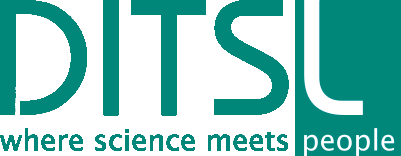
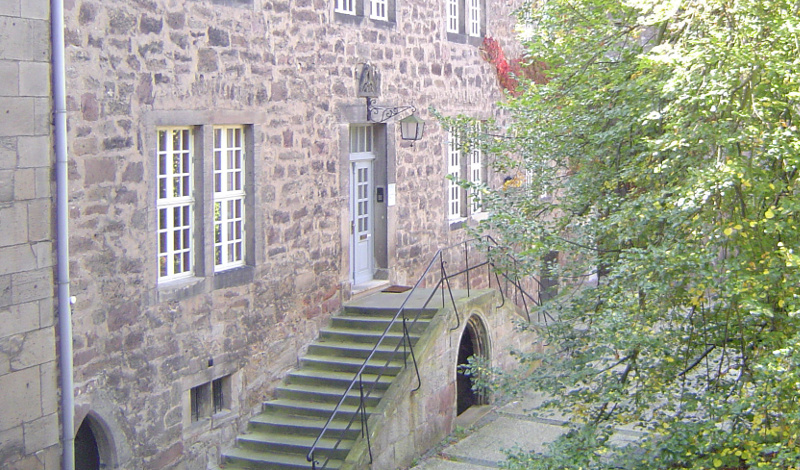




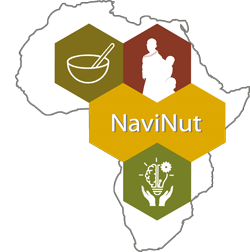 NaviNut
NaviNut